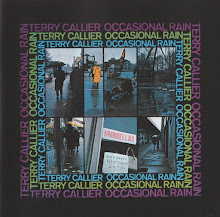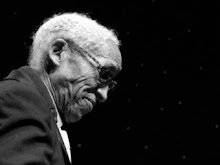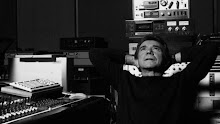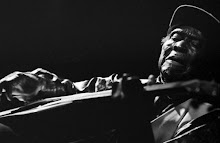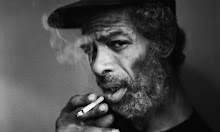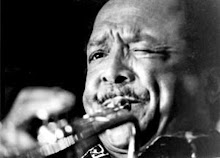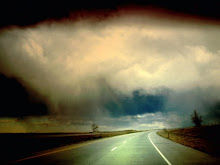Último Tango en el Maracaná
Sonaron los violines, lloró el bandoneón. Messi y compañía merecieron mejor suerte contra Alemania, pero el gol de Götze a ocho minutos del final del suplementario destiló amarga música desde las tribunas. Subcampeones, como en 1930 y 1990.
Por Juan José Panno - Desde Río de Janeiro
Atención, señoras y señores, que va a dar comienzo una velada danzante mundial que se las trae, con figuras de primer nivel que harán vibrar a la concurrencia que se ha dado cita en esta especie de catedral del fóbal y la música popular. Y para no demorar más la ansiedad, vamos con los intérpretes.
Lleva la pelota Messi y tira una pared con Goyeneche y más que pared es un paredón y después Homero, que puede ser Manzi o Expósito, la deja como una naranja en flor y viene el alemán Hummels y rechaza, y hay que volver a empezar, y con cuidado porque los alemanes son muñecos bravos y mejor invoquemos al maestro de la buena suerte... ¡Pugliese, Pugliese, Pugliese!, y da resultado porque un alemán la tira para atrás y el Pipa Higuaín queda solo y es una papita, pero ¡qué me van a hablar del gol!, dice Neuer y la pelota se va afuera. El partido se pone de a ratos fulero y sigue el baile al compás del tamboril de los brasucas, pero no dura mucho, porque en este Mundial nada les dura mucho a los hermanos brasucas y porque está Mascherano y empujan Cadícamo, Eladia Blázquez, Discépolo y Salgán para que el tango salga lindo y Mascherano meta y ponga, meta y la pone para Lavezzi, la ve, sí, la ve bien y como con bronca y junando se la deja a Higuaín, y el Pipita la toca de zurda y la manda a guardar y hay alegría en la milonga, en la cancha, en el barrio, en el país entero, en medio de la malaria.
Hay alegría, pero es falso oropel, porque resulta que el línea dice no sé qué cosa de la vida en orsai y el tiempo loco y el cero a cero manda cruel en el cartel. Y no tanto porque un chabón que nunca falta hizo correr la bolilla de que se podía cabecear en el área de Romero si Romero no sale a cortar, y Höwedes cabecea y por una cabeza casi nos quedamos en Pampa y la vía, pero el palo salvó las papas.
Y vamos al segundo tiempo y se intuyen cambios, y uno sabe que ahora vendrán caras extrañas y uno se extraña porque sale Lavezzi que había sido el rey del bailongo en el primer tiempo y aparece el Kun Agüero. Y ya se sabe que en este campeonato, por lo menos, Agüero no es Gardel. Gardel puede ser Messi si hace el gol que le queda servido cuando se va por zurda, pero la pelota no comprende que la estamos llamando para que se meta junto a un palo y se va, junto al palo pero del lado de afuera. Y vuelta a empezar.
El partido de a ratos se pone áspero y la bestia de Schweinsteiger se va de la cancha porque le sale sangre de la nariz y Agüero pregunta qué le habrán hecho mis manos, qué le habrán hecho. Y el alemán dice que primero hay que saber sufrir y casi la calza Kross, pero la pelota no quiere saber nada y tampoco se engancha con el Kun Agüero, que llega bien y que puede tocar como Baffa, como Mederos, como el Gordo Troilo, pero no le dan los fueyes a Agüero y se lo ve que se ladeaba, se ladeaba y al final tira un tirito y no pasa nada.
El trompa Sabella tira la bronca cuando un purrete se cuela (y lo caza la taquería) pero más tira la bronca porque se pierden muchos goles, muchachada loca. La de Messi, la de Higuaín, la del orsai y ni qué hablar de la de Palacio, que lo midió a Neuer, lo midió y, qué desencuentro Palacio, quisiste darle con ternura y el miedo te devoró de atrás y te salió un tiro con la canilla. Goles que se pierden y que son como gotas de vinagre derramadas sobre las heridas y el gol es la esperanza que no llega, que no alcanza y no puede vislumbrar la tarde mansa y lo que se vislumbra son los penales y araca corazón, si hay que ir otra vez a una definición por penales, pero no porque cuando el antiguo reloj de cobre marca que sólo falta un puñadito de minutos, cuando colorado el 19 el tal Götze la baja con el pecho, porque en esa jugada la defensa argentina es más frágil que el cristal, y tira y es gol, y lo gritan los alemanes y más lo gritan los brasileños, rencor, mi viejo rencor.
Es el final, el último tango en Brasil y ya se sabe qué es lo que se siente, ganas de llorar se sienten en esta tarde gris que se hace noche llena de hastío y de frío, y hay pena pero no habrá olvido, porque nadie podrá olvidar la dignidad y la grandeza de estos purretes. Y no hay remordimientos de saber nada porque no hay culpa de nadie. Fuimos. Pero ya te volveremos a ver Copa del Mundo, ya te volveremos a ver. Chan chan.
http://www.pagina12.com.ar/diario/deportes/8-250709-2014-07-14.html
Mundial 2014: Homenaje de la TV Pública a la Selección Argentina



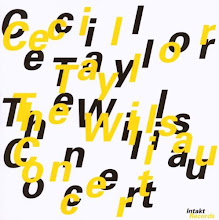
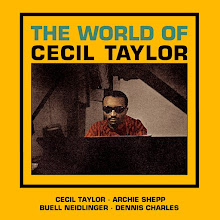


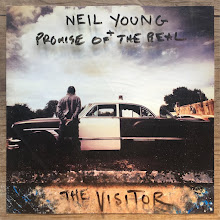




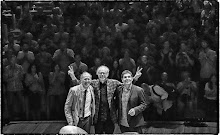

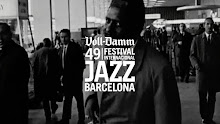


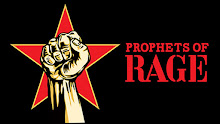




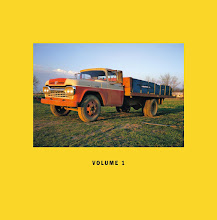
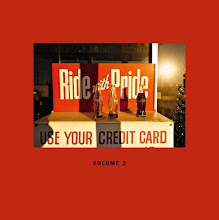
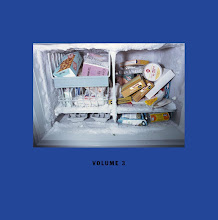
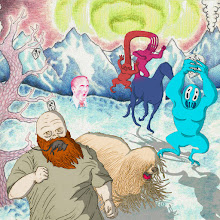
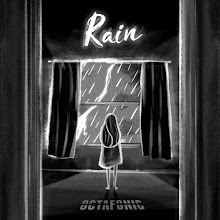
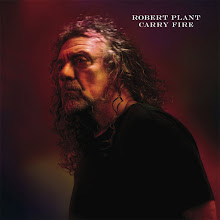
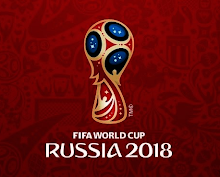

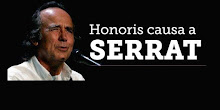




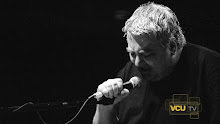
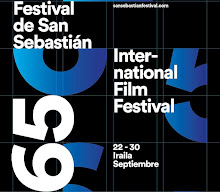

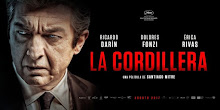
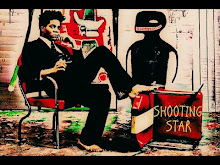

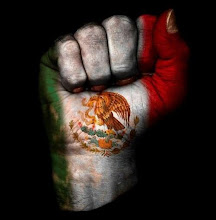

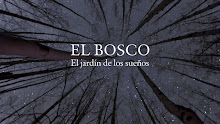





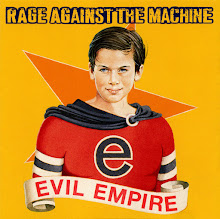


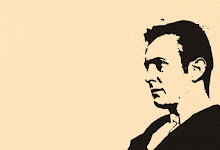
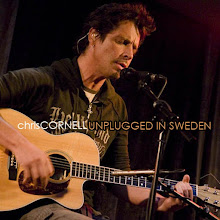


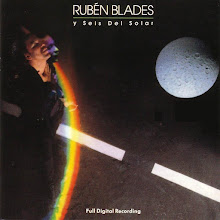
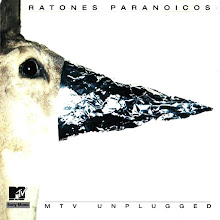


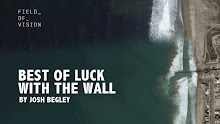








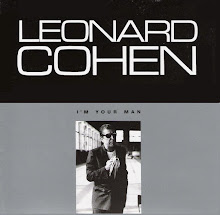





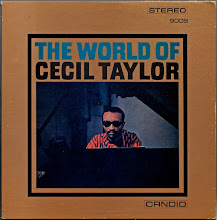

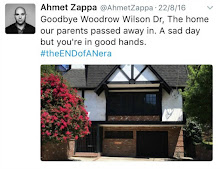
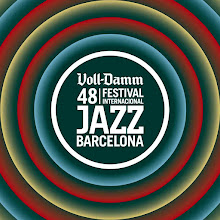
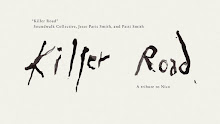
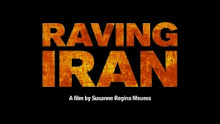
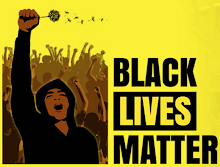
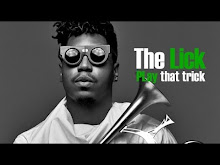
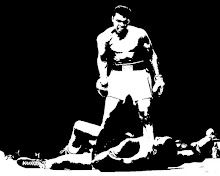

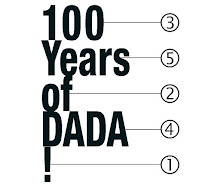
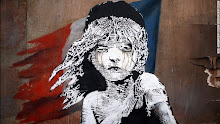

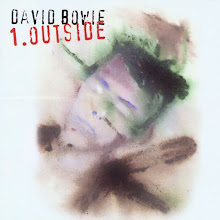
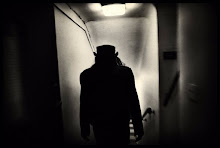

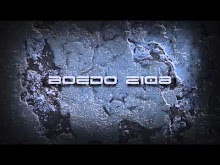


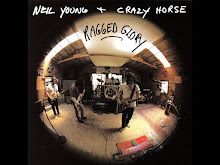
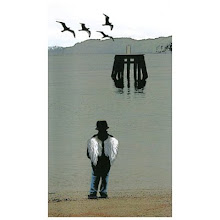




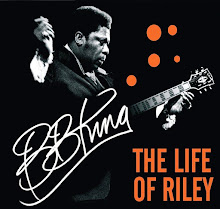

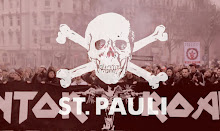


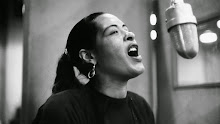


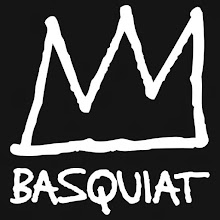

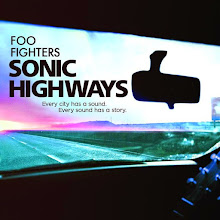
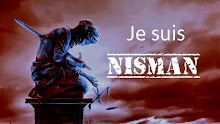

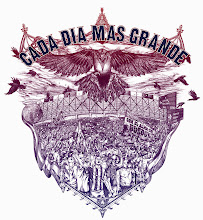
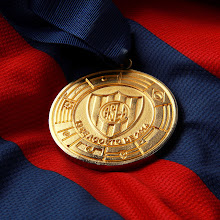
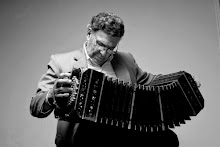
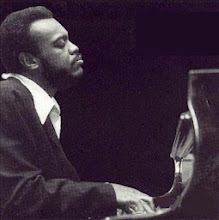
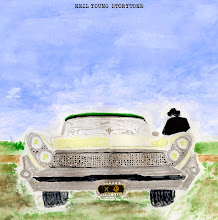


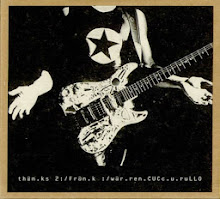
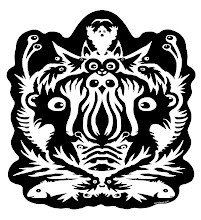
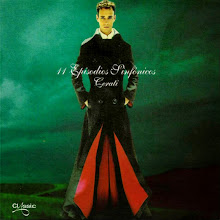

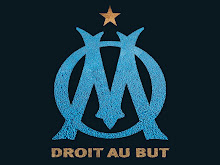
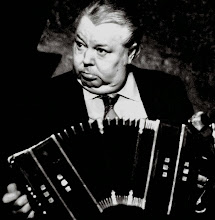
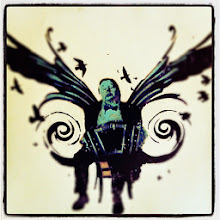
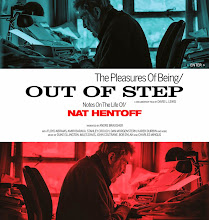
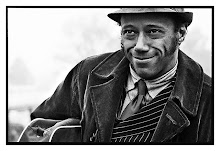


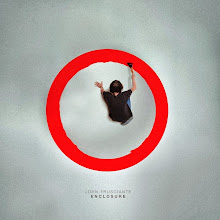
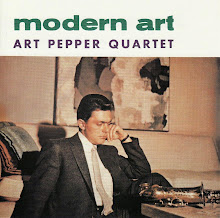
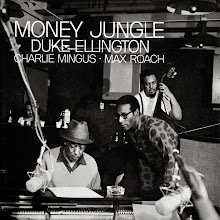
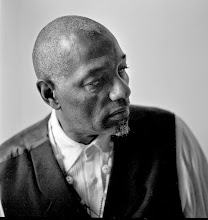
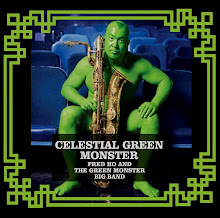
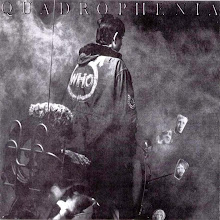

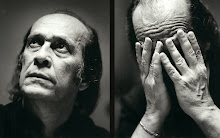


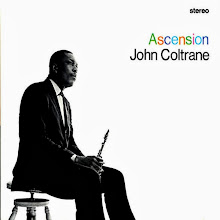
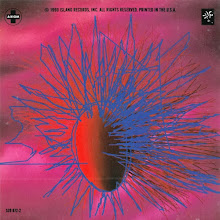
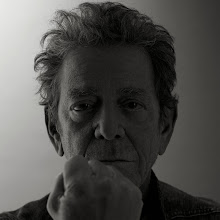



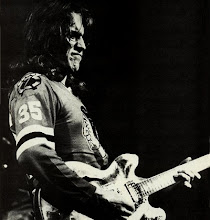















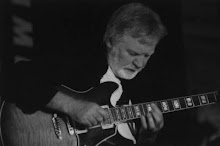
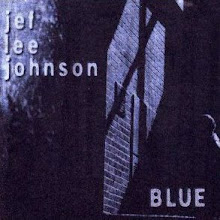














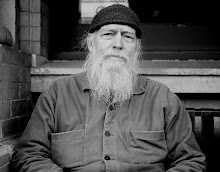

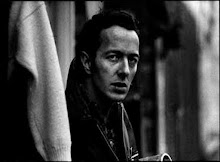



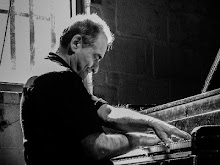









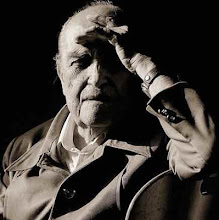








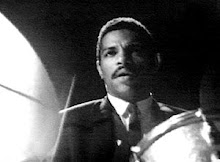



![Emilio Aragón [Miliki]](http://4.bp.blogspot.com/-CT_ZegtwA28/UKlvKELEGfI/AAAAAAAALNU/2YDRYFj0acY/s220/Gracias%2BMiliki%2521.jpg)






